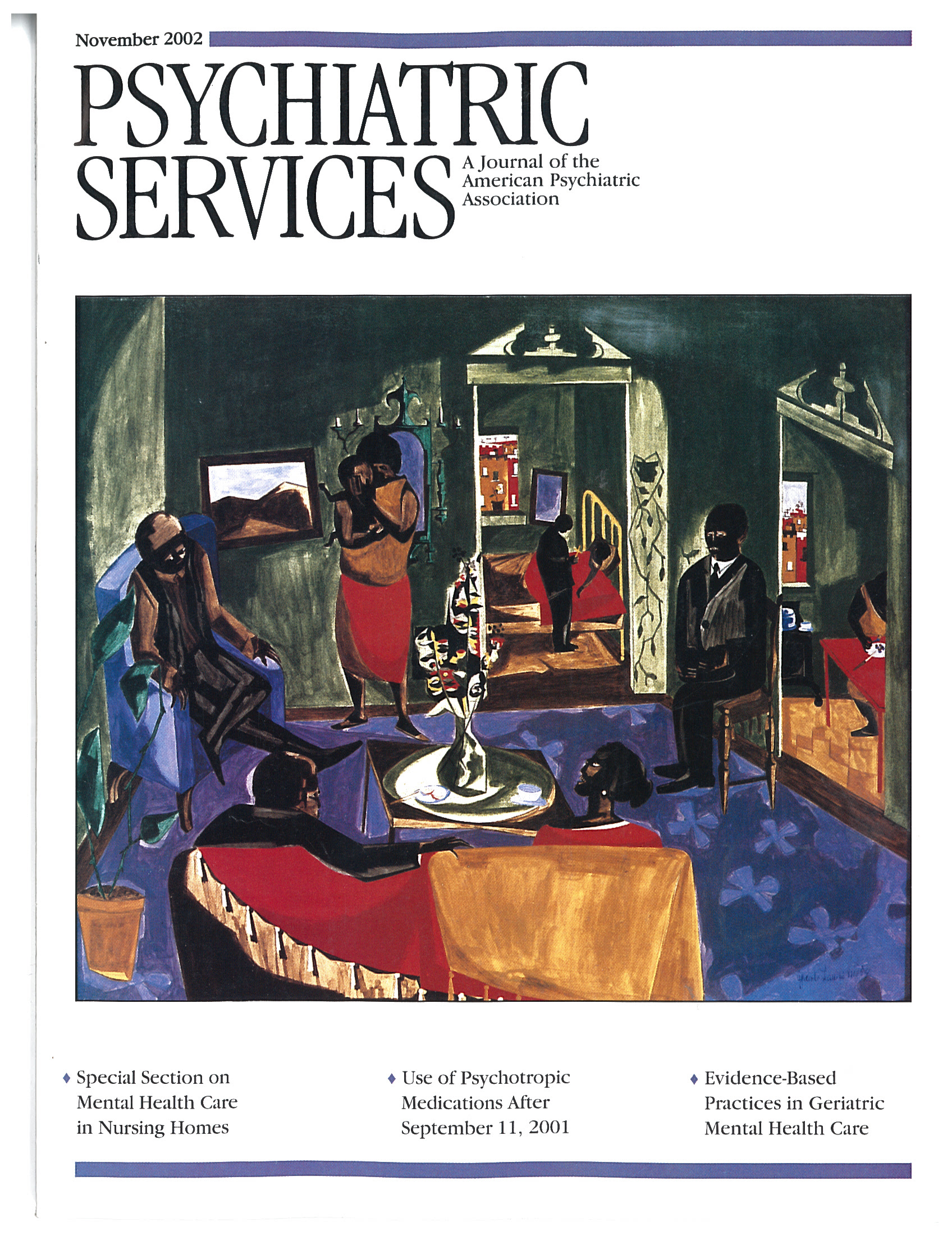In
Psychiatry on Trial, Dr. Bursten attempts to provide a guide to the appropriate role of psychiatric expert testimony. The first chapter begins with a recitation of the oft-quoted polemic of Jay Ziskin: "The continued participation of members of these professions [psychiatry and psychology] is a travesty" (
1). In the remainder of the text Bursten goes on to differentiate between what he considers proper and improper testimony in various types of cases.
In chapters dealing with both civil and criminal law issues, Bursten presents stories from the forensic literature and from his own cases in which examples of proper and improper testimony by psychiatric experts can be found. Custody, sexual harassment, fitness for duty, and functional impairments are discussed in detail. Some examples are found in famous cases such as those of Ezra Pound and Elizabeth Packard; these cases are used as examples of what not to do. A majority of the illustrations come from Bursten's forensic practice over the course of more than 30 years.
In a discussion of his experiences in examining data on an early nursery school sexual abuse case and another false accusation of sexual abuse, Bursten goes to great pains to detail his analysis of the data; his citations of inconsistencies made a clear case that the accusations were based on unreliable data and defied "common sense." He then goes on to question whether it is the appropriate province of the psychiatric expert to conduct interviews or investigations, because everyone has the "common sense" necessary for such critical thinking. Yet it was the physician who developed the analysis that made the inconsistencies clear to the attorney and the court. I believe that Bursten takes a far too conservative view of the role of the expert in such cases. As physicians, psychiatrists are trained in the normal and abnormal conditions that are the human condition. Forensic psychiatrists have training in seeking out multiple collateral sources to complete their investigations. It is the combination of the understanding of normal child development, human psychology, and psychopathology and the possession of the requisite interviewing skills that enables the forensic psychiatrist to provide the expert integration of data and thereby contribute to the finding of truth.
Some of the chapters address policy issues. One interesting subject is the difference between illness and bad behavior, which Bursten discusses in the context of Kansas v. Hendricks in a chapter titled "Which Conditions Count?" In this chapter the case of a sociopathic repeat offender who faked schizophrenia to obtain a finding of not guilty by reason of insanity is reviewed. The author raises important considerations of the use of psychiatry to achieve an arguably just, although improper, result—the continued "incarceration" of a "sane" man in a mental institution. A chapter dealing with role conflict inherent in both treating and testifying frames another controversial issue clearly.
The author's style, as he himself describes it, is conversational; he uses the kind of language he would use in the courtroom. His goal was to provide an understanding of the proper role of psychiatric testimony for both attorneys and mental health practitioners. Although there is no new material for forensically trained psychiatrists, the anecdotal style and the absence of detailed analysis make this book a good introduction to the role of the expert witness for almost any reader. However, readers who do not have an understanding of the forensic vocabulary may have to pay close attention to the shifts in nuance and focus. Because Bursten's goal was not to provide the analytical framework to be used in each type of case, legal supporting materials are not generally discussed. Psychiatric residents who are considering forensic careers might particularly benefit from reading this book.

